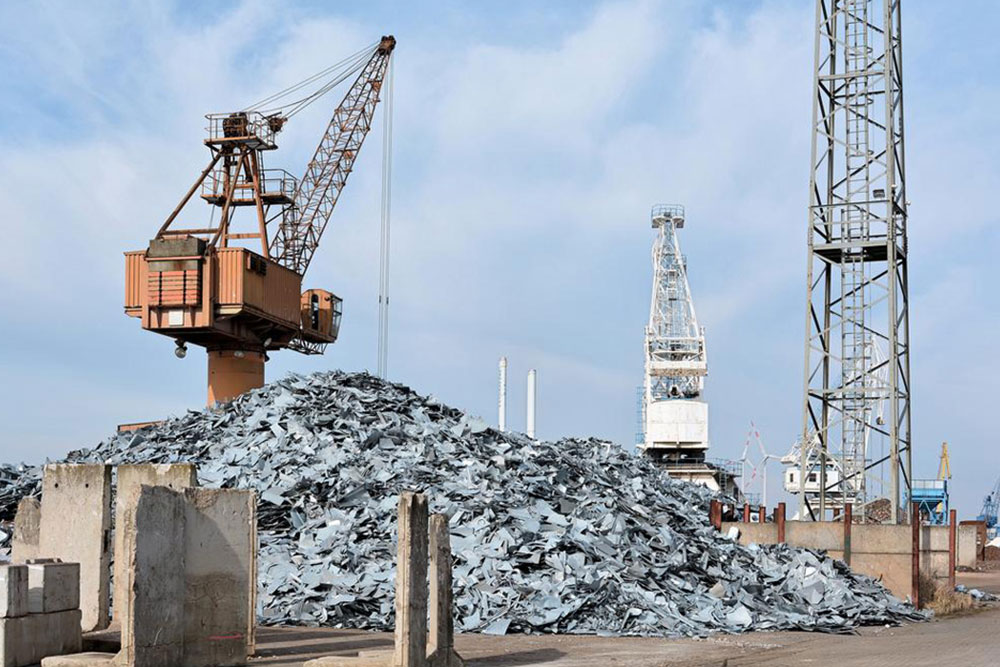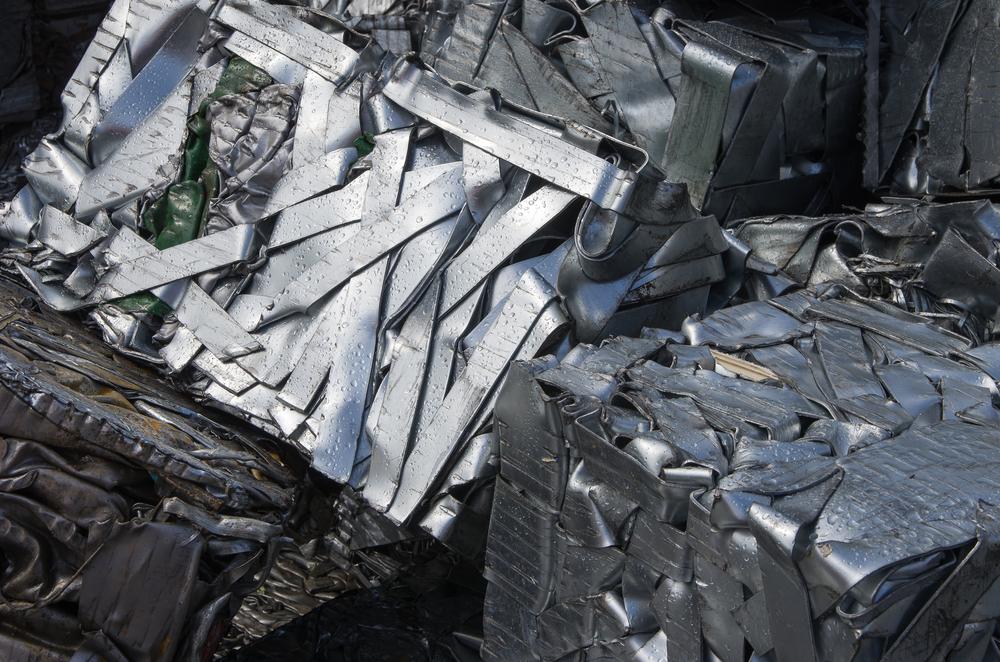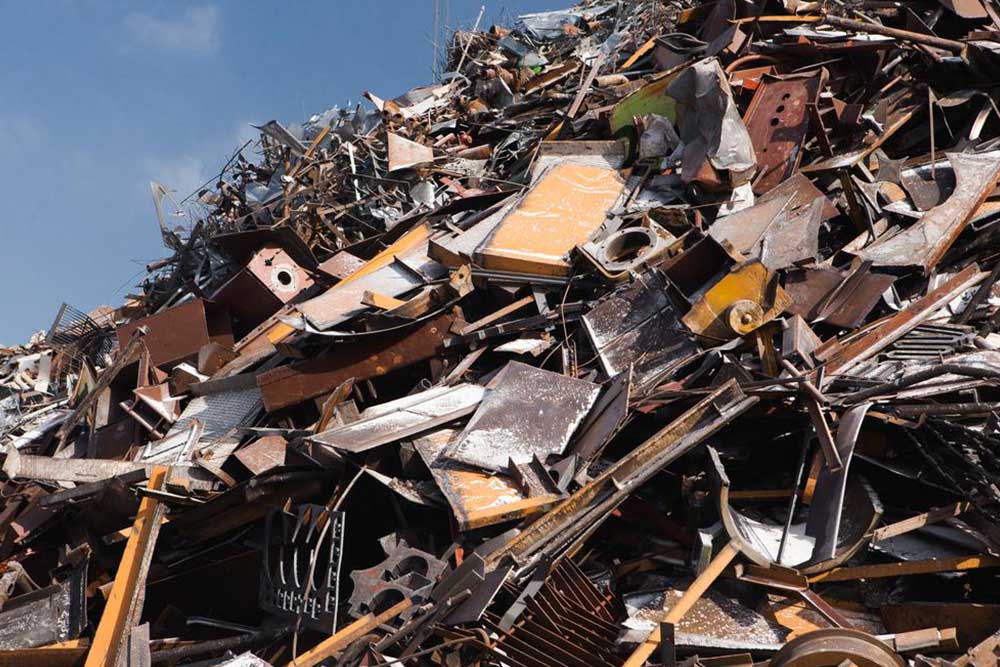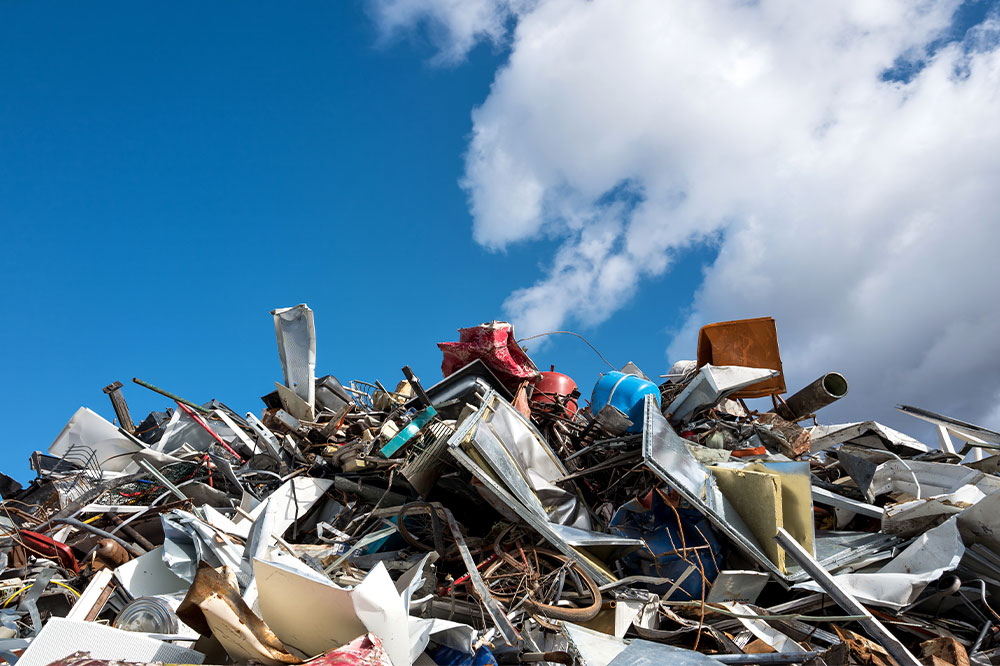Recycling Aluminum Waste: Market Prices and Environmental Benefits
This article covers the importance of aluminum recycling, current market prices, and environmental benefits. Recycling aluminum reduces reliance on raw bauxite, conserves resources, and supports eco-friendly practices. Market prices fluctuate based on scrap quality and demand, with U.S. prices generally between $0.30 and $0.45 per pound. Government initiatives further promote aluminum collection and recycling, fostering sustainable industry practices and environmental conservation.

Recycling Aluminum Waste: Market Prices and Environmental Benefits
Recycling facilities process discarded aluminum items like beverage cans and household foils, turning waste into valuable raw materials. This process involves sophisticated machinery for sorting, cleaning, and melting because aluminum scraps can be sharp, dirty, and heavy. Such recycling plays a crucial role in manufacturing goods like cookware, automotive parts, electronics, and packaging.
Recycling aluminum helps conserve natural resources by reducing the need for bauxite extraction, beneficial for the environment. It is cost-effective—recycling aluminum is cheaper than producing new metal. The value of scrap varies based on quality and market demand. US prices typically range from $0.30 to $0.45 per pound, with government programs encouraging collection and resale of aluminum waste.
This initiative supports eco-friendly practices by minimizing bauxite mining and promoting sustainable living. Recycling aluminum repeatedly reduces environmental impact and saves costs across industries. By maintaining proper storage and managing supply and demand, scrap metal prices remain stable, fostering a sustainable cycle of reuse and resource preservation.




